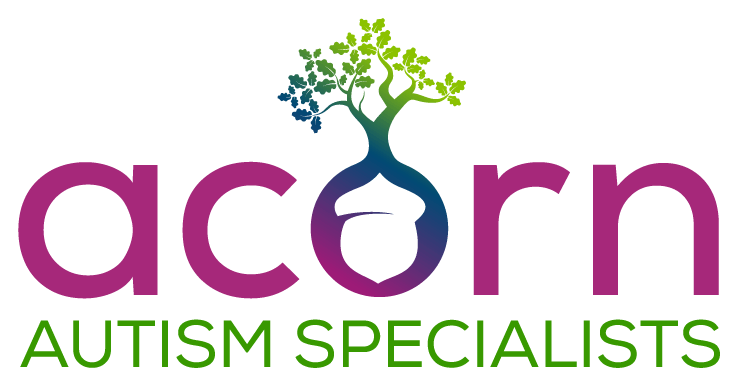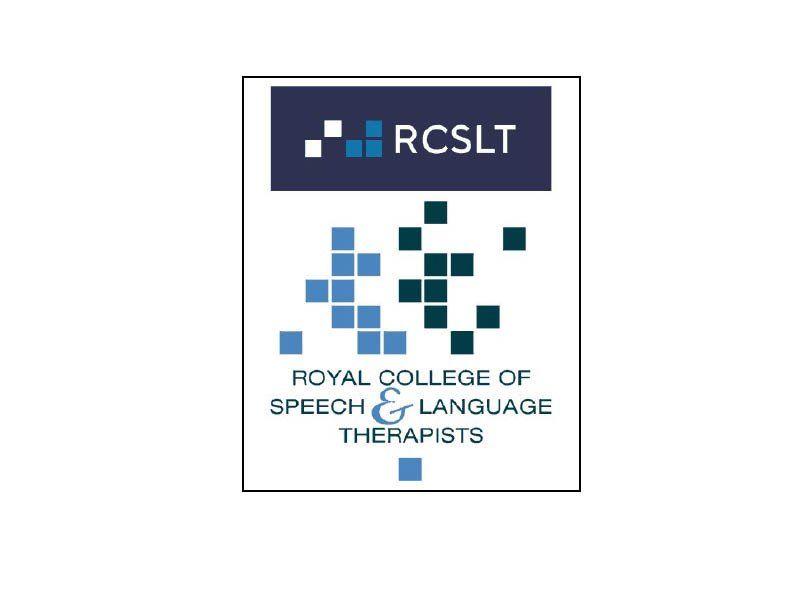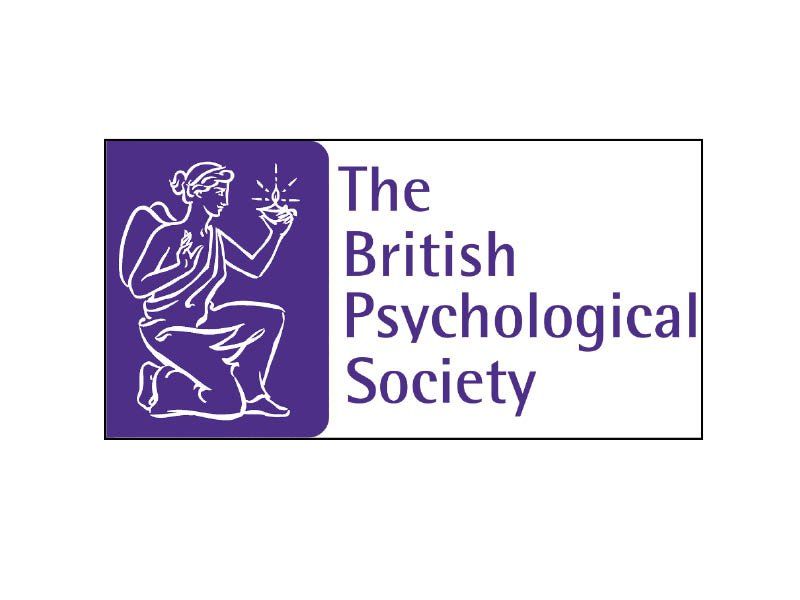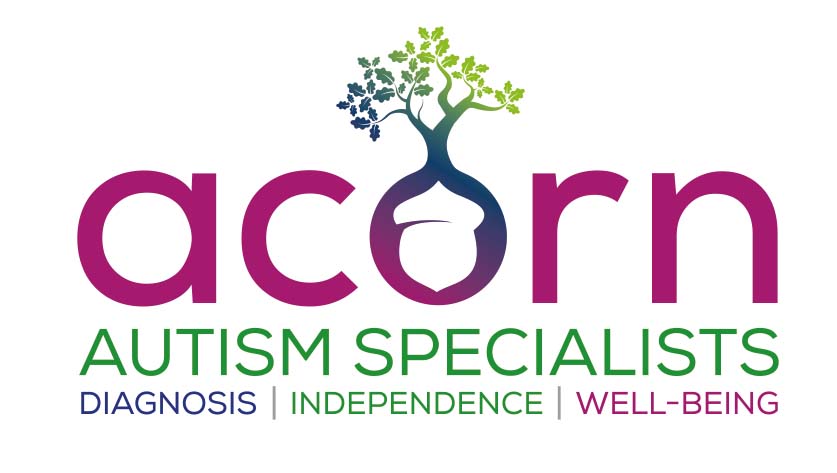A Different Perspective Video
DIAGNOSIS | INDEPENDENCE | WELL-BEING
A different perspective for neurotypicals
Acorn Autism Specialists
A different perspective - a short, educational video from Acorn Autism Specialists
The autistic community describe daily difficulties of being misunderstood by neurotypicals, being seen as “odd” or “different”.
This brief animation seeks to raise awareness amongst neurotypicals, with the hope of increasing understanding and insight.
The script has been carefully thought through using words and phrases to target people who have very little or no understanding of autism.
A different perspective for neurotypicals ..
from an
autistic point of view
My Classmate ..
tries to make fun of me and makes jokes from time to time. I really struggle to understand the point of it and don't understand what the joke means. Other people laugh and I don’t get it. Sometimes I laugh with them, but sometimes I just go quiet. Why are they being so mean to me?
My neighbour
tries to make small talk on the driveway. It is such a waste of my time. There is no point in small talk. I just don’t get why people do it or seem to enjoy it. And, if I do try to do it, others look at me weirdly or go quiet as if I have said something inappropriate.
My uncle
gets cross with me. He doesn’t understand why I react the way I do when things change. The other morning my cereal box had changed colour. How was I to know that it was still the same cereal even though the packaging changed? I couldn’t eat my cereal, which meant I couldn’t get dressed or go to school as that was my routine. All he said was “you’re having a meltdown over nothing”. But to me, routine is everything. It’s how I make sense of this confusing world.
My colleague
told me to stop moaning about feeling tired. She has no clue. I spend all day every day trying to blend in, trying to fit in, so people don’t notice any difference. It is emotionally and physically exhausting. If only they understood.
My girlfriend's mother
told my girlfriend that I do not look her in the eyes when she talks to me and she finds it unnerving. If only she realised that eye contact physically hurts me and if I am making eye contact, then I cannot focus or pay attention to what she is saying. Why are people so obsessed with eye contact? Surely they would prefer that I am listening?












